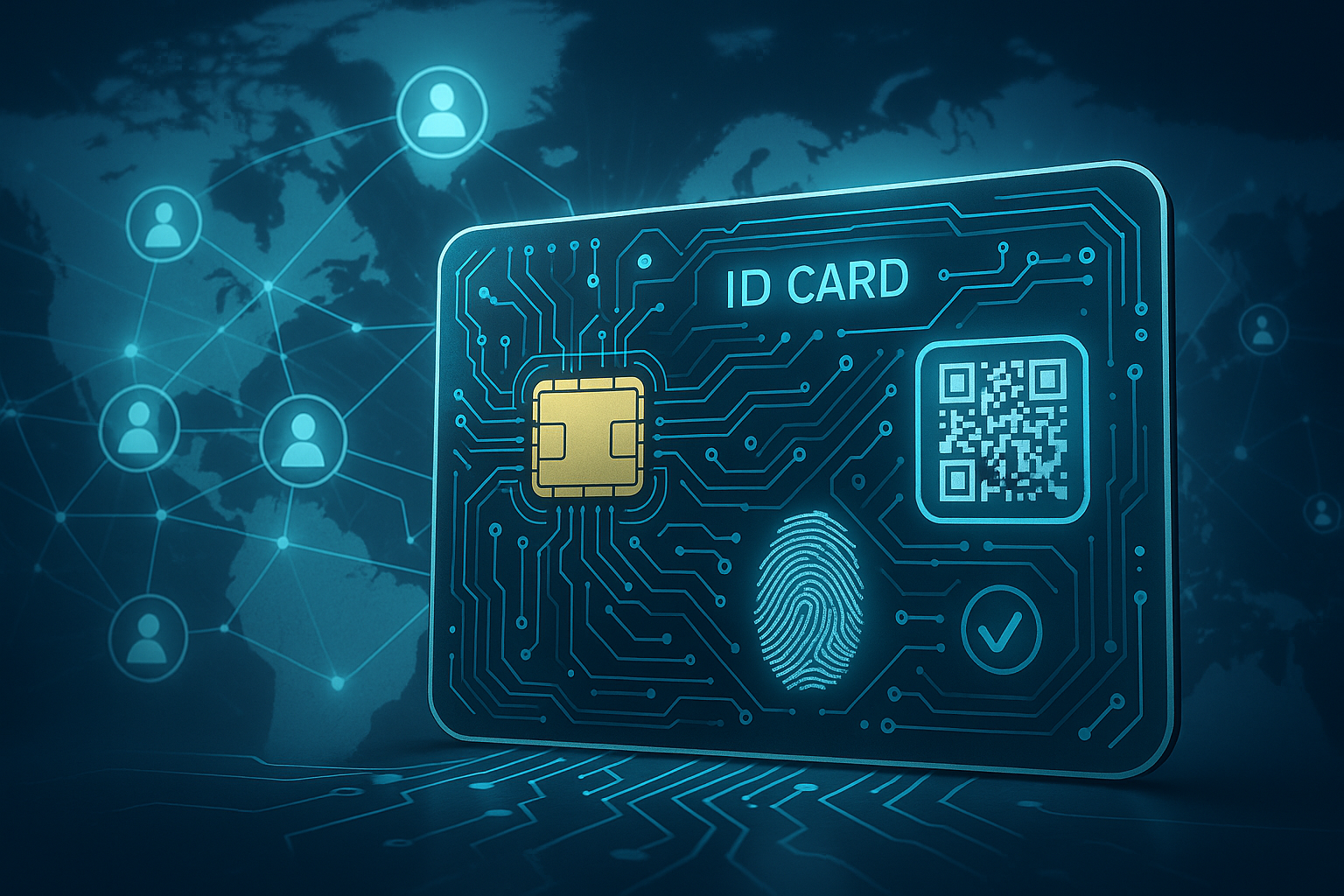ODI: The Bridge Between Digital and Physical Identity
Official Digital Identity, or ODI, is a long-view infrastructure concept I’ve held since the early 2000s—an idea that's been sitting quietly while the world catches up. It’s about anchoring a person, AI, or entity to a single, secure, verifiable identity across all digital and physical systems.
Think SIM cards. Social security numbers. RFID chips. Imagine a fusion of those concepts—a unique global identifier issued by a non-governmental organization, or maybe by a consortium of states or technocratic bodies. ODI numbers would be the core of authentic digital presence and verification in an age where identity is scattered, hacked, and commodified.
The ODI token wouldn’t just be a number. It would be a physical + digital asset. USB, RFID, QR, or embedded tech. It would be the one thing you’d need to access systems, platforms, even physical spaces. Lose it? You’d need to go to a registered branch to have it reissued or reflashed, just like a passport or license.
ODI would apply to everything: people, corporations, AIs, bots, devices, institutions. It would function as a database layer and authentication system, allowing secure cross-verification across any platform, while preserving privacy, control, and individual sovereignty.
Someday, this project might become part of something large—something governmental, global, or open-source public. But for now, ODI lives in the domain registry and in my future plans. It's the future key to who we are in a world where we exist in many places, at once.
